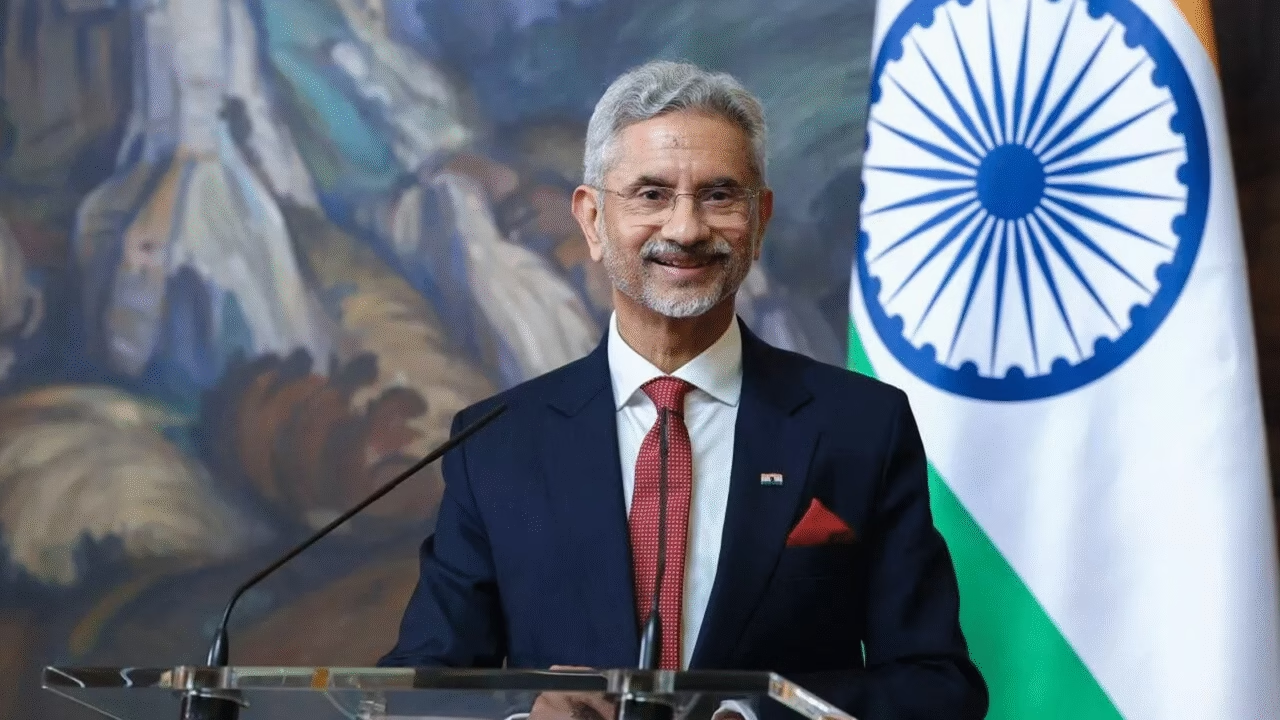India’s External Affairs Minister, S. Jaishankar, recently took part in a virtual summit led by Brazil under the BRICS framework, concentrating on the changing global trade environment and the repercussions of U.S. tariffs from the administration of former President Donald Trump. This summit convened leaders and foreign ministers from Brazil, Russia, India, China, and South Africa to deliberate on economic collaboration, trade regulations, and unified strategies to tackle global challenges.
The Context of the Summit
BRICS, which includes some of the world’s rapidly expanding major economies, has increasingly served as a platform for discussing economic stability, trade facilitation, and geopolitical alignment. The virtual summit led by Brazil sought to tackle urgent issues impacting member economies, such as protectionist trade practices, tariff conflicts, and fluctuations in the global market.
The conversation surrounding tariffs from the Trump administration is especially pertinent, as previous policies from the U.S. government caused considerable disruptions in global trade patterns. Indian exporters and manufacturers were notably affected, leading to strategic discussions on how BRICS nations could alleviate the adverse impacts and strengthen economic cooperation.
Jaishankar’s Key Focus Areas
Throughout the summit, Jaishankar underscored the importance of multilateral collaboration to counteract unilateral trade actions that disturb global markets. He pointed out that tariffs enforced by the U.S. not only impacted Indian industries but also disrupted the wider supply chains linking BRICS nations with other international partners.
“India is dedicated to enhancing trade relations within the BRICS framework while tackling external economic challenges that impact growth and development,” Jaishankar remarked. He emphasized the necessity of collaboration among member countries to foster equitable trade practices, lower barriers, and ensure that smaller and emerging economies are not unduly impacted by protectionist measures.
BRICS: Enhancing Economic Collaboration
The BRICS nations together account for a substantial share of global GDP, trade, and population. By engaging in dialogues on trade policy, tariff reduction, and economic cooperation, member states can harness their collective power to establish more favorable conditions for sustainable development.
Jaishankar’s involvement reaffirmed India’s dedication to multilateral discussions and regional economic integration. India has consistently championed a rules-based global trading system where conflicts are settled through dialogue and adherence to international standards rather than unilateral measures.
The summit also served as a venue for exchanging best practices, discussing innovations in trade facilitation, and investigating new areas of collaboration such as technology, green energy, and digital commerce. By combining resources and expertise, BRICS nations aim to fortify internal markets and enhance resilience against global economic shocks.
Impact on Indian Trade and Industry
For India, active participation in BRICS discussions is vital for alleviating the impacts of external trade disruptions. Tariffs imposed by major economies can influence exports in sectors such as textiles, steel, chemicals, and IT services. By working together with other BRICS nations, India can seek alternative markets, joint ventures, and coordinated strategies to address global trade barriers.”
The summit provides India with an opportunity to push for reforms in international trade practices that foster transparency, fairness, and long-term stability.
Through this dialogue, India can safeguard its economic interests while also contributing to the collective growth of emerging economies.
Global Implications and Strategic Messaging
The virtual BRICS summit conveys a powerful message to the global community regarding the significance of collaboration among emerging economies.
By tackling issues like tariffs, protectionism, and trade barriers, BRICS nations showcase their capability to coordinate policy responses and protect shared economic interests.
Jaishankar’s participation emphasizes India’s strategic approach, balancing engagement with global powers while focusing on domestic economic growth.
It also showcases India’s proactive diplomacy in multilateral settings, ensuring that trade policies align with national development objectives and international standards.
India’s involvement in the Brazil-led BRICS summit highlights the nation’s dedication to multilateralism, economic collaboration, and strategic diplomacy.
By addressing the repercussions of Trump-era tariffs and advocating for cooperative trade policies, Jaishankar reinforced India’s role as a significant player in global economic dialogues.
As the dynamics of global trade keep changing, platforms such as BRICS serve as vital venues for discussion, resolution, and collaboration. India’s participation in these summits not only protects its economic interests but also plays a key role in enhancing cooperation among emerging economies, setting the stage for sustainable growth and stability in a world that is becoming more interconnected.

